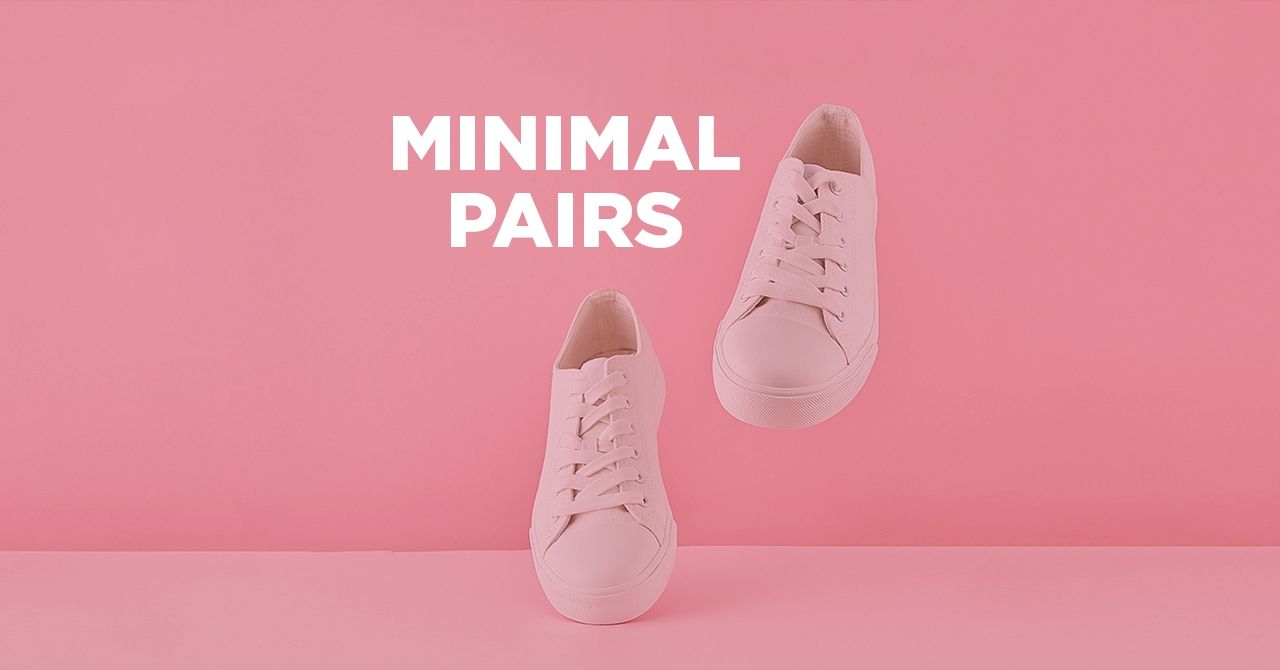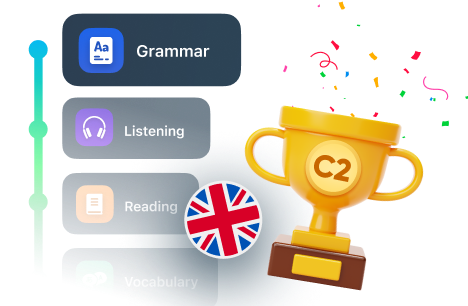
Minimal Pairs. How to Master Them?
The English language is full of words that just look alike. There are small differences between them in only one sound, and they usually go together, as a couple, so we call them — minimal pairs.
The process of learning a new language is usually challenging to almost every beginner. To some people, the English language, as complicated as it might be, looks terrifying when it comes to pronunciation. You’ve probably had situations when people corrected the word you just said, but you were like -wait, what? I just said it. Actually, you didn’t.
It is easy for a beginner to mispronounce some words and switch them with other words with completely different meanings. But it is not your fault. The English language is full of words that just look alike. There are small differences between them in only one sound, and they usually go together as a couple, so we call them — minimal pairs.
Minimal pairs are pronounced almost the same, with a small difference in the pronunciation of a single sound. The sound might be both vowel or a consonant. These pairs have nothing to do with spelling or meaning, they just sound very similar.
For a young learner, it is of crucial importance to start making a difference between very similar words because it shows a lot about your speaking and listening skills. Yes, you’ve read it correctly. If you start practicing minimal pairs, this will enhance your understanding of other people and vice versa.
How to Improve Pronunciation with Minimal Pairs
There are lots of examples and explanations on the internet, especially on Youtube, on why it is so easy to mispronounce some words. The reason might be differences in sounds that have the same place of pronunciation, for example, k and g. The best way to master minimal pairs is to practice your conversational English with an online English tutor.
Take a look at several pairs:
block — blog
leak — league
lock — log
Another case of this type is pairs with m and n:
term — turn
game — gain
seem — seen
same — sane
Or pay attention to p and b pairs:
pair — bear
pet — bet
cub — cup
bride — pride
Take notes of the minimal pairs I am going to list here for you, and try to find as many examples as you can and start practicing. The process itself can take some time, but remember that there are no results without effort and that you will benefit from this simple task.
Minimal Pairs:
Vowels:
/I/ vs. /i:/ sit — seat;
/e/ vs. /i/ desk — disk;
/e/ vs. /ei/ wet — wait;
/æ/ vs. /ʌ/ cap — cup;
/əʊ/ vs. /ɔ:/ so — saw;
/ɒ/ vs. /əʊ/ not — note;
/æ/ vs. /e/ bad — bed;
/ɑ:/ vs. /ɜ:/ fast — first;
/æ/ vs. /ɑ:/ had — hard;
/ɒ/ vs. /ɔ:/ cot — caught;
/əʊ/ vs. /aʊ/ know — now;
Consonants:
/b/ vs. /v/ berry — very;
/b/ vs. /p/ buy — pie;
/n/ vs. /ŋ/ thin — thing;
/l/ vs. /r/ alive — arrive;
/ʧ/ vs. /t/ catch — cat;
/s/ vs. /ʃ/ sea — she;
/f/ vs. /v/ fan – van;
/f/ vs. /h/ fat — hat;
/f/ vs. /θ/ free — three;
/s/ vs. /θ/ sink — think;
/ð/ vs. /z/ with — whizz;
/ʤ/ vs. /z/ page — pays;
/d/ vs. /ʤ/ bad – badge;
/f/ vs. /p/ coffee — copy;
/kw/ vs. /k/ quick — kick;
/tʃ/ vs. /dʒ/ cheese — jeep;
/tʃ/ vs. /ʃ/ chair — share;
/d/ vs. /ð/ day — they;
/t/ vs. /θ/ tree — three


















